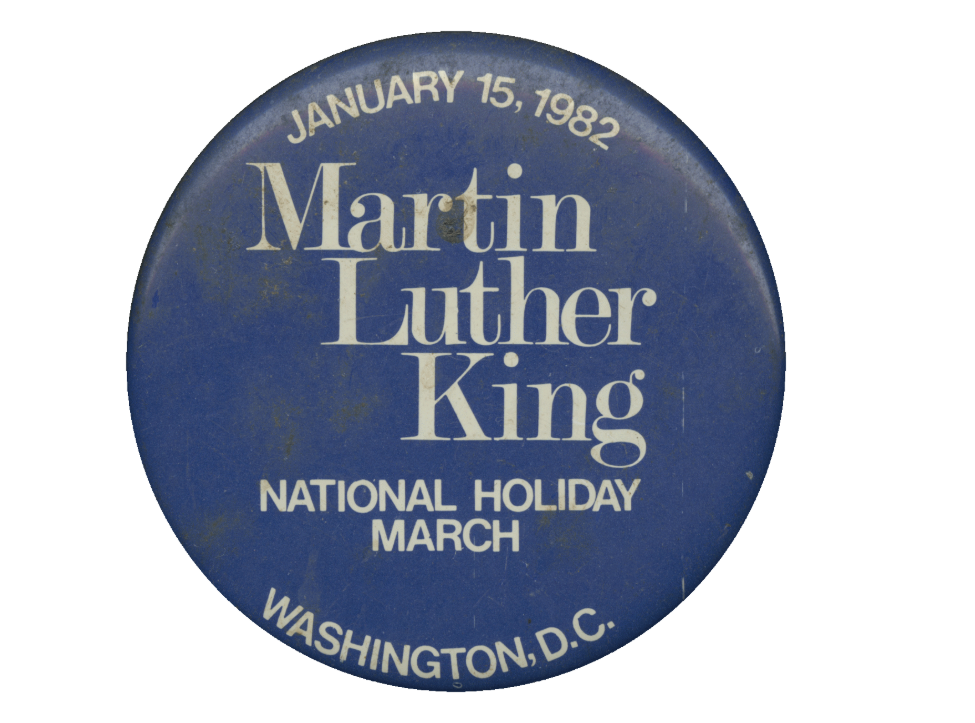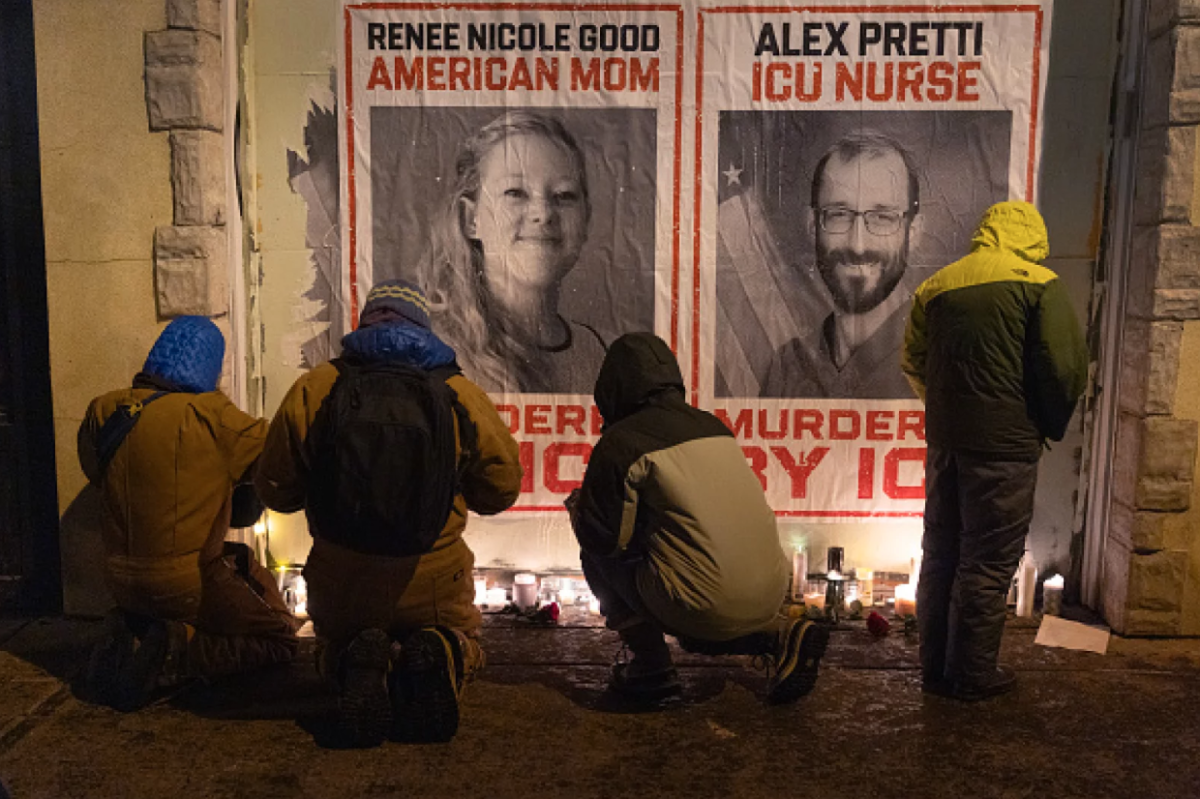This past Monday, that being the third Monday of January, was a day off for students and staff here at HHS, as well as for many workers across the country. But while enjoying the holiday, it is important to remember the long history behind Martin Luther King Jr. Day. The fight for a national holiday honoring the civil rights leader began just four days after his assassination in 1968. King’s death left the country devastated, but it did not end his lifelong battle for racial equality. In fact, shortly after King’s death, a 22 year long battle began to recognize Martin Luther King Jr. ‘s impact and sacrifices, but most importantly his message of equality and human rights.
Rituals celebrating Dr. King’s life began in his birth place, Atlanta, Georgia on January 15th. Close friends and family attended a service at Ebenezer Baptist Church and rituals like King’s son placing a wreath on his grave, notable speakers and songs sung by the congregation became tradition in Atlanta’s celebrations of the day. A Black senator’s introduction of the King holiday bill for Georgia followed.
Congressman John Coyers received permission from Dr. King’s widow and fellow activist Coretta Scott King to propose the bill for the national holiday in April of 1968. Politicians and activists who fought for the bill faced a lack of support from congress. Despite the opposition, the fight continued and the bill was reintroduced to congress every year until 1979, on what would’ve been King’s 50th birthday. But they were met with a petition signed by 300,000 and supported by then president Jimmy Carter. The republican detractors claimed that the creation of a new national holiday would generate unnecessary costs and that it was against tradition to create a national holiday honoring a private citizen (rather than a politician or veteran).
The fight continued garnering support from more activists and was even backed by Stevie Wonder, who not only wrote a song dedicated to the cause, but also appeared at rallies alongside Coretta Scott King. Finally in 1983, a petition signed by six million and a vote of 338 to 90 brought the bill to the senate. Despite attempts to block the bill fueled by claims of King being connected to the Communist Party, it passed the senate and reached president Ronald Raegan. Raegan noted that he would have preferred for Martin Luther King Jr. day to remain a non-holiday but he reluctantly agreed.
By 1984 Martin Luther King Jr. day was a national holiday and commission led by Coretta Scott King controlled the presidential and official celebrations. Eventually the commission faded out of power due to political moves from Raegan and Corretta Scott King’s withdrawal from the public eye. By 2000, the holiday was celebrated in all 50 states but some chose to add more correlating celebrations to the day including “Civil Rights Day.” Controversially, Alabama and Mississippi celebrate “Robert E. Lee Day” (the birthday of a confederate general) on the same day. Today the holiday is dedicated to service and volunteering to help the community in honor of one of Dr. King’s lifelong messages. Americans are inspired to improve the lives of those around them through service with an initiative to make the day “a day on, not a day off” (Congressman John Lewis).
Sophomore at HHS Riley Stocks shared, “I remember learning in Elementary School about why MLK day was more than just a day off. It’s an important day to remember what Martin Luther King Jr. stood for and preserve his legacy.” HHS student Celia Mcarthy said “I’ve learned to appreciate MLK day but I never really knew about the intense struggle it took to make it a national holiday”. It’s important to remember the hero that Martin Luther King Jr. day celebrates, and to support the community in honor of his message, but on our day off we must not forget the 15 year long battle for the holiday.

































